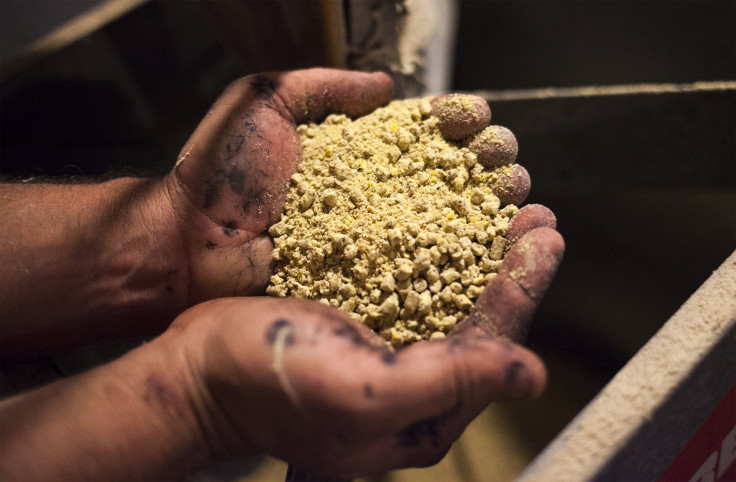Antibiotics-resistant superbugs: UK takes a step towards reducing antibiotics use in agriculture

In order to combat drug-resistant superbugs, UK farmers have taken the initiative to cut down antibiotics use in agricultural products. A new taskforce is being setup to reduce the use of antibiotics in farming in the UK. The formation of the taskforce is in response to concerns over the latest British government-commissioned review that states that antimicrobial resistance (AMR) is a global threat and can kill more people (10 million) than cancer by 2050.
The Responsible Use of Medicines in Agriculture (RUMA) alliance said that the body is taking the antibiotics-resistant superbugs seriously and would work closely with the government, food companies and farming leaders to reduce antibiotics use where they are necessary and, in some cases, replace them when possible. Campaigners have often protested the widespread use of antibiotics in animal husbandry.
The review led by former Goldman Sachs chief economist Jim O'Neill proposed a massive campaign for promoting global public awareness, improved surveillance of drug resistance in humans and animals, improved hygiene and reduction of the unnecessary use of antibiotics in agriculture. Now, UK is taking a major step towards reducing antibiotics use and hopefully all other nations will also look to do the same.
“It should be remembered that the Danish government invested heavily to allow its pig farmers to build new high-health premises; and in reducing its antibiotic usage by nearly 60 percent, the Netherlands is now at approximately the same level of use as the UK. So we must look at how we develop the right goals for our sectors,” said John FitzGerald, RUMA’s secretary general, in a statement.
As the report suggests, drug companies must invest extensively in research and development to come up with new medicines. If the issue is to be tackled successfully, each and every sector affected by superbugs should come out of their comfort zones and that includes healthcare industry, governments, doctors and patients.
Companies that carry out research and development and come up with new antibiotics, will be rewarded appropriately with a payment of US$1 billion (AU$1.38 billion) to US$1.5 billion (AU$2.07 billion).
O'Neill also pointed out the widespread and unwanted use of antibiotics and doctors prescribing them randomly. Such use only makes bacteria develop a resistance towards the drugs that allow them to evade antibiotics designed to kill them. The 18-month review states that antimicrobial-resistance may kill an extra 10-million people a year by 2050 and also take costs up to as high as $100 trillion.
Australia is to be invited to join this multibillion-dollar global fight against superbugs. Britain's chancellor George Osborne will ask finance ministers across the globe to decide on a common approach to fight these superbugs. The G20 meet, scheduled for September in China, would serve as the platform for a global consensus on the issue.





















